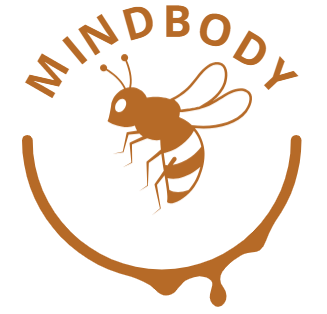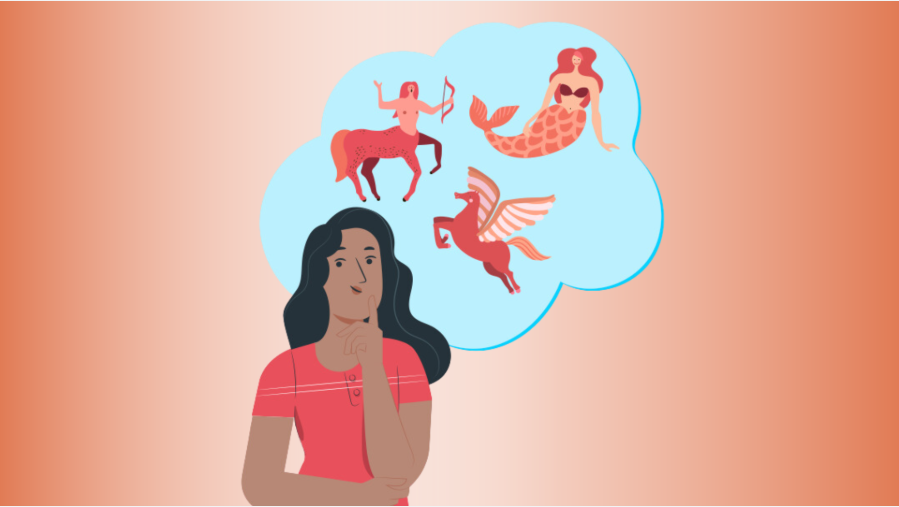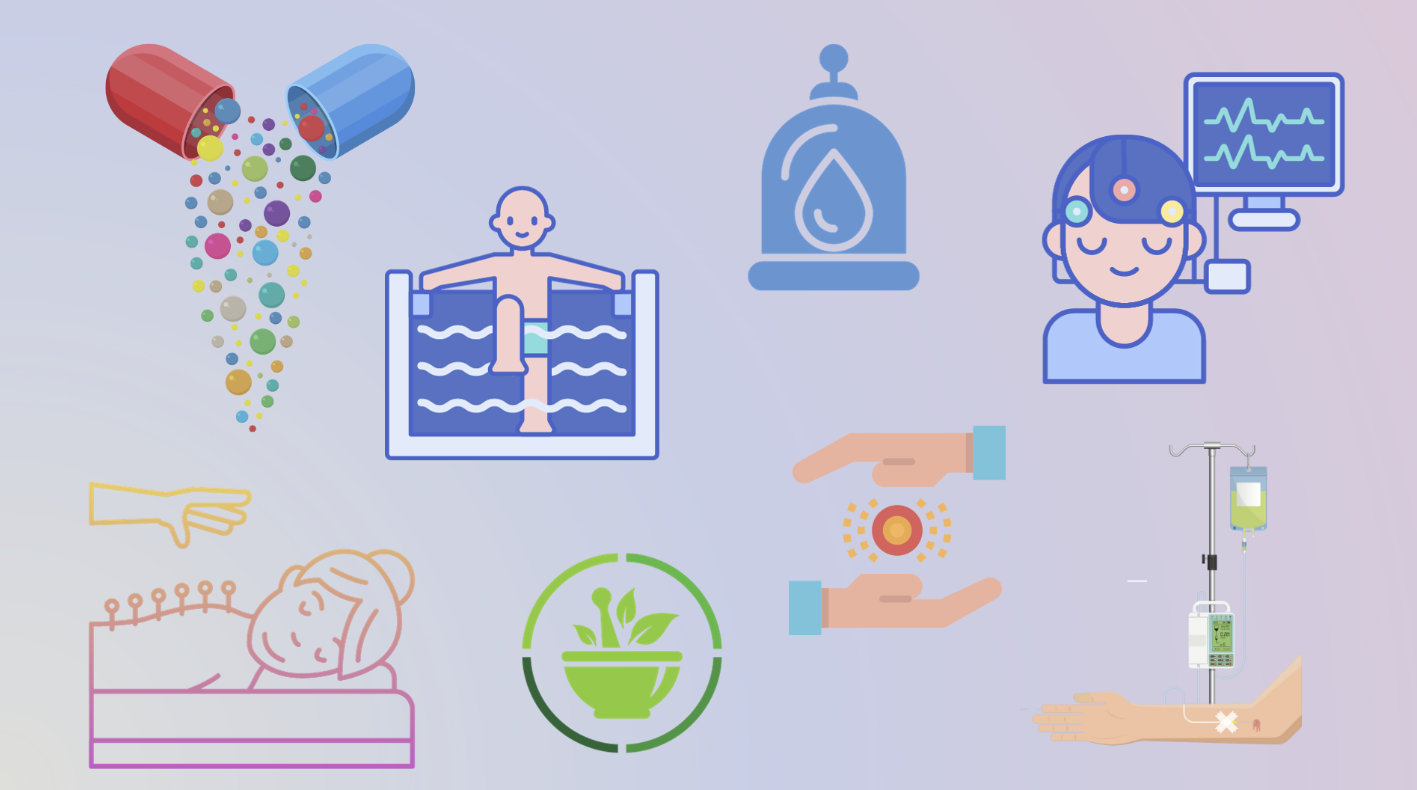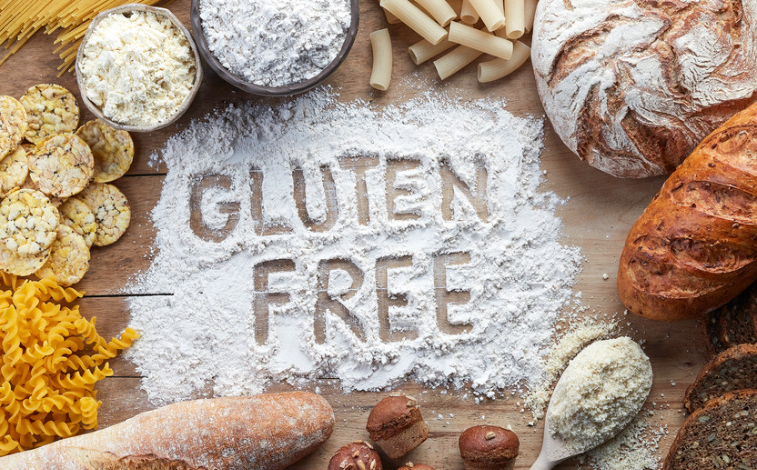
Is a Gluten-Free Diet Healthy?
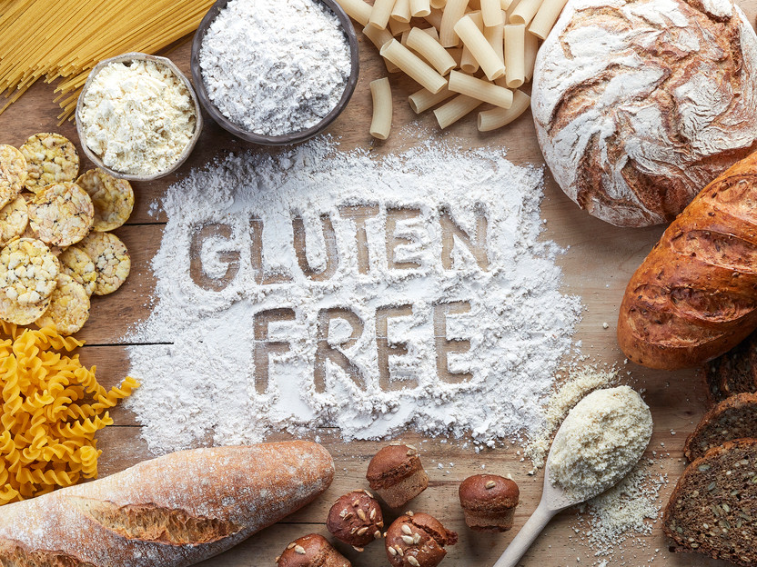
Six Hidden Dangers of a Gluten-Free Diet
You might be asking, “Is a gluten-free diet better for my health?” or “Should I try going gluten-free?” For many people, especially those with autoimmune diseases, avoiding gluten can lead to noticeable health improvements. However, not everyone experiences benefits from going gluten-free, and some might even face side effects. In this article, we’ll explore some of the potential drawbacks of a gluten-free diet and whether it’s the right choice for you.
Benefits of a Gluten-Free Diet
Many people report increased energy, reduced bloating, less intestinal inflammation, and relief from joint pain after switching to a gluten-free diet. For those with autoimmune conditions, eliminating gluten can help improve overall health. However, it’s important to follow a gluten-free diet correctly to experience these benefits.
Gluten-Free Danger #1: Ignoring Other Food Sensitivities
If you have multiple food sensitivities and only remove gluten from your diet, you may not notice significant changes in your symptoms. The issue could be that you’re still consuming other foods that your body reacts to. Many people on a gluten-free diet continue eating other grains that may cross-react with gluten, meaning the immune system may still treat them like gluten. For example, if gluten causes joint pain, you might still experience pain when eating certain gluten-free grains. This can lead to confusion, as people might mistakenly believe gluten isn’t the problem when, in reality, they’re still consuming foods that trigger their symptoms.
Gluten-Free Danger #2: Eating Unhealthy Gluten-Free Foods
When people switch to a gluten-free diet, they often replace gluten-containing foods with gluten-free alternatives. The problem is that many gluten-free products are highly processed, just like their gluten-containing counterparts. Gluten-free bread, pasta, and cookies can still be loaded with sugar, starches, and other ingredients that negatively impact metabolism and blood sugar levels. In fact, some people even gain weight on a gluten-free diet because these processed foods are high in glycemic index and contain more starches like rice.
Additionally, many gluten-free products include ingredients like gums and binders to replace the gluten’s role in holding things together. These extra ingredients can introduce new food sensitivities. Some gluten-free products also contain rice, which can be higher in arsenic.
Gluten-Free Danger #3: Going Grain-Free Forever
Some people go on a completely grain-free diet when they eliminate gluten, but this can be a mistake. Grains, especially unprocessed ones, offer health benefits like fiber, antioxidants, and essential vitamins and minerals. They also support gut health by acting as prebiotics, which feed beneficial bacteria in the microbiome. If you’re not sensitive to grains, including healthy options like quinoa, brown rice, and gluten-free oats in your diet can support overall well-being.
Cutting out all grains could reduce the diversity of your diet, which is important for gut health. Choosing clean, non-GMO grains ensures you get the nutritional benefits without unnecessary pesticides or inflammatory ingredients.
Gluten-Free Danger #4: Eating Corn
Corn is often used as a substitute for gluten in many gluten-free products. However, corn contains its own type of gluten protein, which can negatively affect the gut in a similar way to wheat gluten. Additionally, most corn is genetically modified, which can make it harder for your body to recognize and process. Many gluten-free foods are corn-based, so it’s important to consider how much corn you’re consuming on a gluten-free diet.
Gluten-Free Danger #5: Eating Too Much of the Same Thing
Eating too much of one food, even if it’s gluten-free, can lead to food sensitivities. The body can become overwhelmed by constant exposure to the same ingredients, which may cause the immune system to treat that food as harmful. For example, almond flour is a popular gluten-free substitute for wheat flour. However, eating too many almond-based products could lead to sensitivity. One person I worked with, who had arthritis, was regularly consuming almond milk and almond-based foods, only to find that she had developed an almond sensitivity.
Gluten-Free Danger #6: Eating or Drinking Cross-Reactive Foods and Drinks
Many common foods and drinks can cross-react with gluten, meaning your body might mistake them for gluten and trigger a similar immune response. These include foods like eggs, soy, coffee, dairy, and corn, as well as some gluten-free grains like quinoa and buckwheat. When you’re on a gluten-free diet, you may increase your exposure to these cross-reactive foods, which can still cause issues in your body.
Cross-Reactive Foods to Watch Out For:
- Amaranth
- Buckwheat
- Chocolate
- Coffee
- Corn
- Dairy
- Eggs
- Hemp
- Oats
- Potato
- Quinoa
- Rice
- Sesame
- Sorghum
- Tapioca
- Yeast
